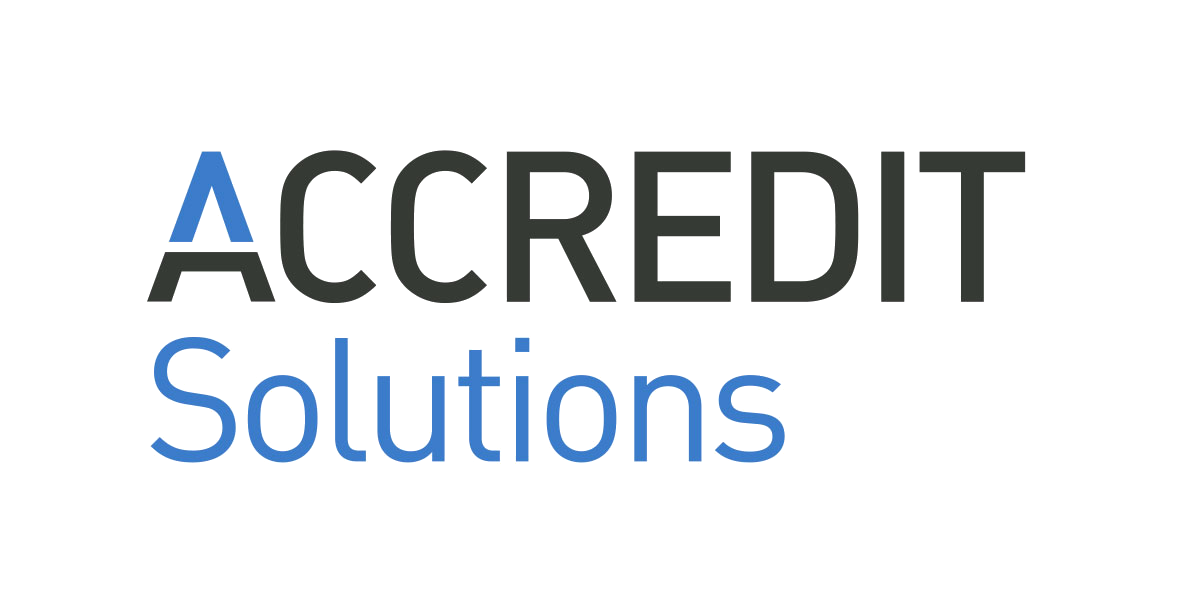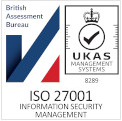During our last webinar looking at ‘Accreditation in a Crisis – How accreditation can be adapted to increase event safety and security post COVID-19’, there were many questions from the audience concerning data collection, protection and responsibility.
Here we answer some of those questions in more detail and bring in some of our recent experiences working with clubs and stadiums around the world as they get ‘back to business’.
Q. What new data needs to be collected?
This will depend on recommendations or requirements from your local public health authority or sporting body. But as a general rule, you need to be able to assess whether someone is a health risk, if they should be shielding, you need to keep symptomatic people out of your event, and you need to be able to track and trace workers that have had access to your venue and events.
Questions that we have seen being added to accreditation forms include:
- Have you had any of the following symptoms over the past 14 days? High temperature | A new continuous cough | Headache I Loss of taste or smell
- Have you been exposed to anyone with COVID-19 symptoms over the past 14 days?
- Have you been tested for COVID-19? What was the result? What was the date of the test?
- Have you undertaken any international travel in the past 14 days? If so, where?
- Date of Birth / Age
- Any pre-existing medical conditions
If you have workers staying away from home, then make sure that you also ask for their temporary address and mobile number so that you can trace them if required.
Q. How do we keep medical information up to date?
People that need access to your venue on a daily basis, should be asked about their health and wellbeing regularly. Send out invitations and notifications to your workforce and contractors to submit certain information daily, such as temperature readings, symptoms or exposure to other positive cases.
Q. Who is responsible for deciding what data to collect? And who is responsible for approving accreditations?
We’re seeing multiple stakeholders having to get involved in the accreditation process to make these decisions. At the outset, your health and safety, or medical team need to set out their requirements when setting up the accreditation forms. What questions do they want to ask? And what answers will trigger an alert so that someone can look into the details more carefully and make a final decision.
What we see working quite well is a 2-step accreditation process. The usual accreditation process you undertake for security and operations purposes. And then a second tier of questions relating to COVID-19 and medical information. The second tier questions can also be asked on a daily basis.
In some organisations we’ve seen new roles being created to manage the approval process across all functions.
Q. Medical information is sensitive data. Should we be collecting it?
You have a duty of care to everyone in your facility, so yes. On balance, your workers, contractors, players and visitors are going to be a lot more comfortable attending an event if they know that you have taken the threat of COVID-19 seriously.
But yes, medical information is sensitive and needs to be treated with care. Make sure the system that you are using to collect and store data is secure, and that you are able to limit who from your organisation can access this information so that it can be restricted to your medical team. When the danger of COVID-19 is over, this medical information should also be destroyed when it is no longer required.
Check your data policies, privacy policies and terms and conditions – they might now need updating. Make it clear what information you are collecting, why, and what you will be doing with it.
For events running in multiple countries it is important that you check the local laws with regards to the collection and storage of this data.
Q. Can we still use legacy data?
Yes, but don’t rely on it – with many workers having been furloughed, or made redundant, you should expect a larger than usual staff turnover.
But as should be the case with every event you do, just because someone has been accredited before, it doesn’t mean they get automatic entry into your next event.
So use your legacy data for basic information, and get them to complete an additional form to collect updated information for health and medical-related information for final approvals.





![EAS-Accredit-300dpi[22]](https://www.accredit-solutions.com/wp-content/uploads/2024/01/EAS-Accredit-300dpi22-300x156.png)

